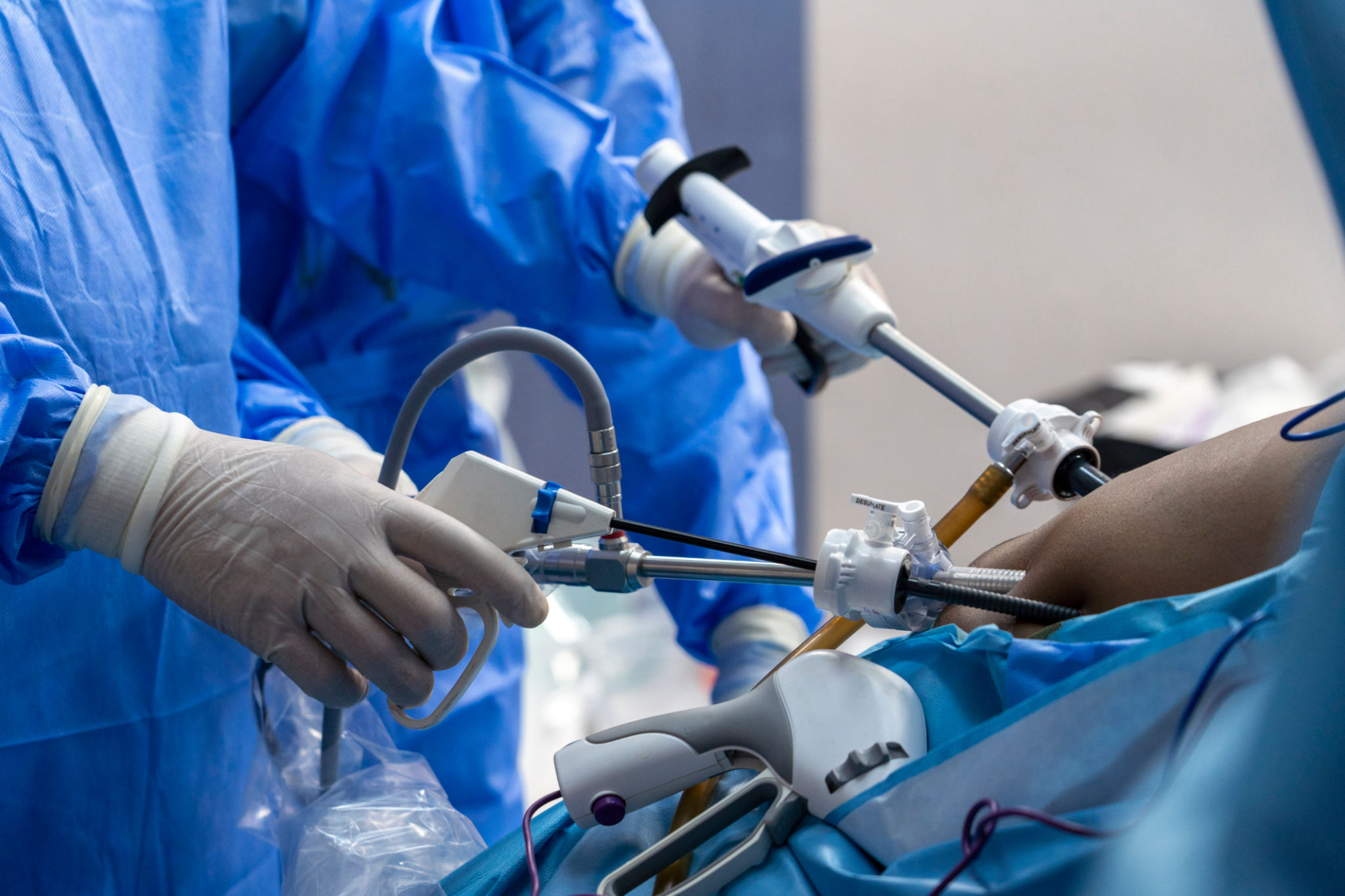Orthopaedic Survey Trends: What to Expect and How to Adapt
Understanding Current Orthopaedic Survey Trends
The field of orthopaedics is constantly evolving, influenced by technological advancements, patient demands, and healthcare policies. As we move through 2023, several key trends are emerging from recent orthopaedic surveys, shaping how professionals approach patient care and practice management. Staying informed about these trends is essential for orthopaedic practitioners who wish to remain competitive and provide the best possible care.
One significant trend is the increasing use of minimally invasive surgical techniques. Patients today are more informed and demand procedures that offer quicker recovery times and less post-operative discomfort. Surveys show a rising preference for surgeries that minimize tissue damage, which is leading to a surge in demand for advanced equipment and training in these techniques.

The Role of Technology in Orthopaedics
Technology continues to play a pivotal role in transforming orthopaedic practices. The integration of artificial intelligence (AI) and machine learning in diagnostics and treatment planning is becoming more widespread. AI can assist in interpreting complex imaging results, predicting surgical outcomes, and personalizing patient care. Orthopaedic surveys highlight an increasing reliance on these technologies to enhance precision and efficiency.
Additionally, the use of telemedicine has become more prominent, especially following the COVID-19 pandemic. Patients appreciate the convenience of virtual consultations for initial assessments and post-operative follow-ups. Orthopaedic practices are adapting by investing in secure telehealth platforms and training staff to offer comprehensive care remotely.

Adapting to Patient-Centric Care Models
Patient-centric care is at the forefront of modern healthcare, and orthopaedics is no exception. Recent surveys suggest that patients value personalized treatment plans that consider their unique lifestyles and goals. This shift requires practitioners to focus not only on clinical outcomes but also on patient satisfaction and experience.
To adapt, many practices are implementing feedback systems to gather insights from patients about their care experiences. These insights are invaluable for improving service delivery and tailoring interventions to better meet patient needs.

Navigating Regulatory Changes
Regulatory changes continue to impact the orthopaedic landscape. Practitioners must stay informed about evolving healthcare policies that affect everything from surgical procedures to reimbursement models. Surveys indicate an increasing need for orthopaedic professionals to engage with policy discussions and advocacy efforts to ensure favorable conditions for patient care and practice sustainability.
A proactive approach includes participating in professional organizations and attending conferences that focus on policy updates. This involvement helps practitioners anticipate changes and adjust their operations accordingly, ensuring compliance and optimizing practice efficiency.
Embracing Continuous Education
The rapid pace of advancements in orthopaedics necessitates a commitment to ongoing education. Practitioners are encouraged to pursue continuing medical education (CME) opportunities to stay abreast of the latest techniques, technologies, and best practices. Many surveys reveal that professionals who prioritize continuous learning are better equipped to adapt to industry changes and deliver superior patient care.
Whether through online courses, workshops, or conferences, embracing continuous education equips orthopaedic practitioners with the knowledge needed to thrive in a dynamic healthcare environment.

Conclusion
The orthopaedic field is experiencing significant transformations driven by technology, patient expectations, and regulatory shifts. To effectively adapt, practitioners must stay informed about these trends through ongoing education and engagement with industry developments. By embracing innovation and focusing on patient-centered care, orthopaedic professionals can ensure their practices remain at the forefront of healthcare delivery.
As we look ahead, it's clear that those who proactively respond to these survey trends will be well-positioned to lead their practices into a successful future.
